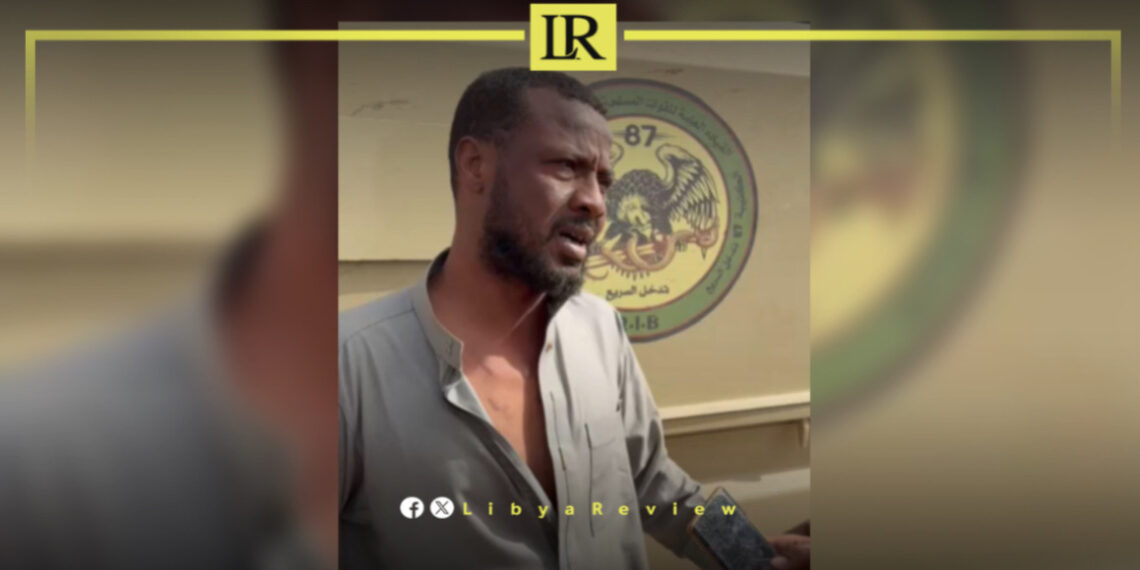On Sunday, the Libyan National Army (LNA) captured Mahmoud Saleh, the leader of the Nigerien opposition, in a special operation carried out in Qatrun, a town in southern Libya. The mission was executed by the 87th Rapid Intervention Battalion, under direct orders from the General Command of the Libyan Armed Forces.
Saleh was taken into custody as part of an effort to crack down on foreign armed groups operating in Libya’s southern regions. Security forces have begun investigations into his alleged involvement in criminal activities, including kidnappings and other offenses linked to opposition groups from Niger.
The operation marks another step in the LNA’s broader security campaign to eliminate foreign militant presence, disrupt smuggling networks, and restore stability in the country’s lawless southern territories. Over the past years, the region has become a hotspot for cross-border insurgents, human traffickers, and armed opposition groups from neighboring countries.
Southern Libya has long been a haven for militant activity, with groups taking advantage of the vast desert landscape and weak state presence. The collapse of central authority after the 2011 uprising allowed armed factions from Niger, Chad, Sudan, and Mali to expand their operations within Libya’s borders. Many of these groups have been linked to smuggling, arms trafficking, and organized crime, fueling instability across the Sahel region.
The LNA has significantly increased its military presence in the south, conducting air and ground operations to secure strategic routes and border crossings. It has launched multiple anti-smuggling campaigns targeting fuel, weapons, and human trafficking networks. The army has also worked to disrupt foreign insurgents, many of whom operate from remote desert locations.
With growing concerns about regional security, the LNA has intensified coordination with neighboring countries, particularly Niger and Chad, to prevent militant movements across borders. The arrest of Mahmoud Saleh is expected to have diplomatic repercussions, raising questions about possible extradition or prosecution in Libya.
The operation demonstrates the LNA’s increasing role in regional security, reinforcing its stance against foreign militant groups and criminal networks. As Libya continues to struggle with internal divisions and political uncertainty, securing the south remains a key objective for the military.


